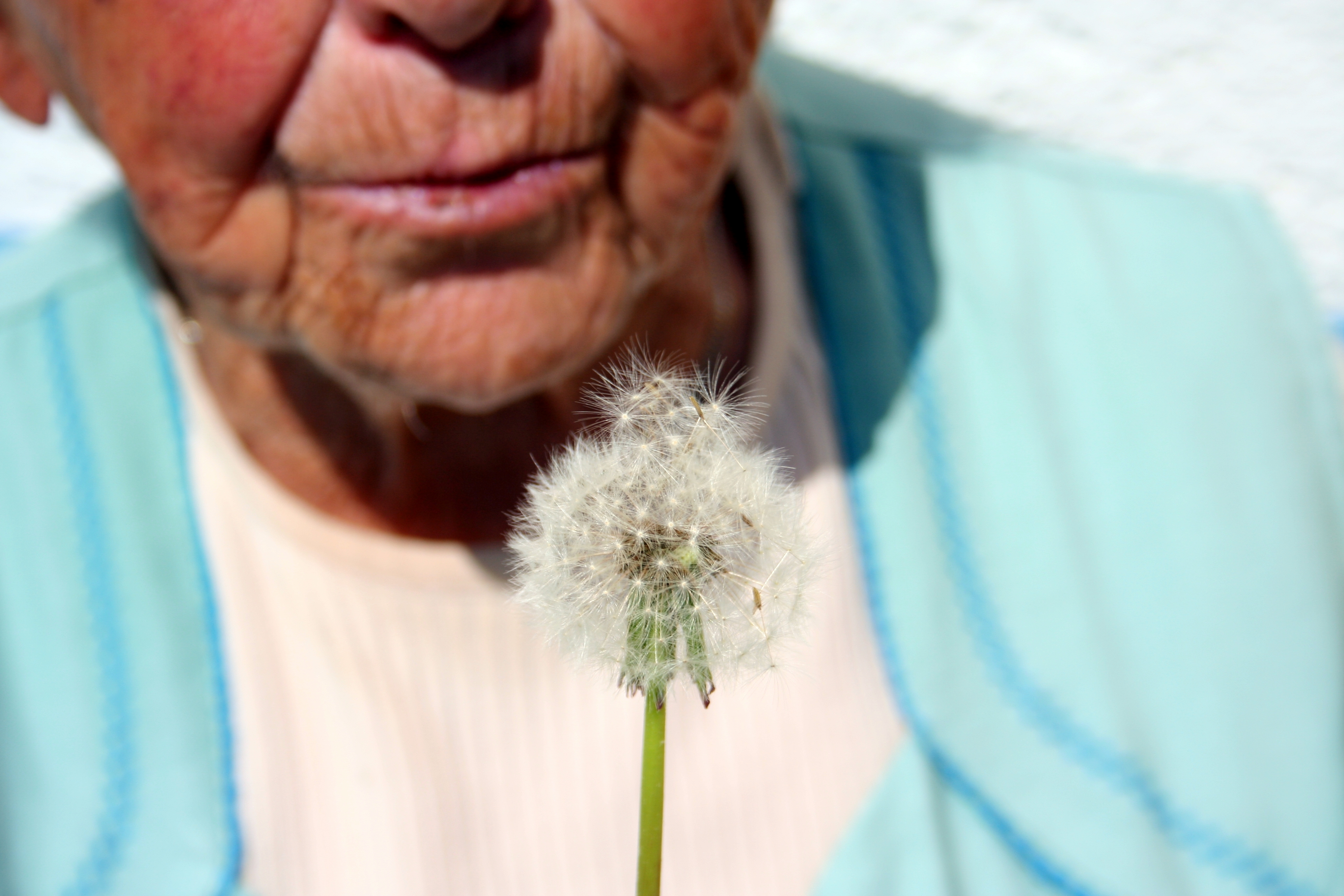
THURSDAY, June 21 (HealthDay News) — Although eating disorders are typically thought of as a problem among teenage girls, many women over 50 practice unhealthy eating behaviors, a new study indicates.
The researchers found that almost 4 percent report binge eating, nearly 8 percent report purging, more than 70 percent diet to lose weight and 62 percent say their weight or shape adversely impacts their lives, according to the report published June 21 in the International Journal of Eating Disorders.
“Everyone — especially health-care providers — needs to erase stereotypes about who experiences disordered eating. Women well into their 50s and beyond still report struggling with weight dissatisfaction and a palette of unhealthy behaviors aimed at weight control,” said lead researcher Cynthia Bulik, director of the University of North Carolina Eating Disorders Program.
“Our ’70 is the new 50′ society may be placing additional appearance pressures on women that perpetuate disordered eating practices well into older adulthood,” she added.
These messages cause dissatisfaction and lead women toward extreme measures to achieve these “societally concocted ideals,” Bulik said.
For the study, Bulik’s team collected data on more than 1,800 U.S. women who took part in the Gender and Body Image Study.
Among these women, about 27 percent were obese, 29 percent were overweight, 42 percent were normal weight and 2 percent were underweight, the study authors noted.
About 8 percent of women said they purged in the last five years and 3.5 percent said they had binged in the past month, the investigators found. Most of these women were in their early 50s, but there were also women over 75, the authors said.
In addition, 36 percent of the women said they spent at least half their time in the last five years dieting, 41 percent said they checked their body size or shape daily and 40 percent weighed themselves at least twice a week.
Moreover, 62 percent said their weight or shape had a negative impact on their life, 79 percent said it affected their image of themselves and 64 percent said they thought about it daily.
Many women resorted to unhealthy ways to lose weight, including diet pills (7.5 percent), excessive exercise (7 percent), diuretics (2.5 percent), laxatives (2 percent) and vomiting (1 percent), the researchers found.
In all, 66 percent didn’t like their overall appearance. Their dissatisfaction was highest with their stomach (84 percent) and shape (73 percent).
“We simply cannot ignore disordered eating and weight dissatisfaction in women over 50,” Bulik said.
“But, we have no idea how to tailor interventions for women over 50 so treatment can be appropriate to their developmental stage in life. That is a critical next step,” she said.
Eating disorders can have dire consequences, Bulik noted.
“Anorexia nervosa has the highest mortality rate of any psychiatric illness. Although we do not have clear data on differences in mortality across the age spectrum, we do know that the body becomes less resilient to the physical insults from starvation, binge eating and purging as it ages. So these disorders in older women may lead to even more medical complications because the body bounces back less easily as it ages,” she said.
Bulik said there are signs to look out for that may indicate someone has an eating disorder. These include: precipitous weight loss or low weight; withdrawing from family, partner and friends; evidence of binge eating or purging; extremely low self-esteem and body esteem; not eating with the family; avoiding events where there is food.
“Partners can be so helpful, but often do not know what to do. Inform yourself about eating disorders and don’t expect the problem just to go away. These are not just passing phases, these are serious and potentially life-threatening disorders that require treatment,” she said.
Commenting on the study, Dr. Edith Rubenstein, an attending psychiatrist at Lenox Hill Hospital in New York City, said: “This is an unrecognized problem. It had been thought the problem was much smaller.”
But, she added, “All of these weight and shape concerns are taking up a lot of mental space in women in this age group, surprisingly.”
There is a growing older population of women who are heavier, which may be contributing to this anxiety about weight and shape, Rubenstein said. These are serious problems that need attention, she explained.
“If you have excessive concerns about weight and shape, if you are obsessing about weight and shape, if you are engaging in unhealthy behaviors like bingeing and purging, you should seek medical attention,” Rubenstein advised.
More information
For more on eating disorders, visit the U.S. National Library of Medicine.

